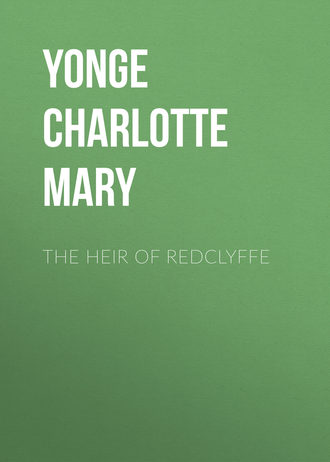The Heir of Redclyffe
 полная версия
полная версияThe Heir of Redclyffe
Жанр: зарубежная классиказарубежная старинная литератураевропейская старинная литературалитература 19 века
Язык: Английский
Год издания: 2019
Добавлена:
Настройки чтения
Размер шрифта
Высота строк
Поля











